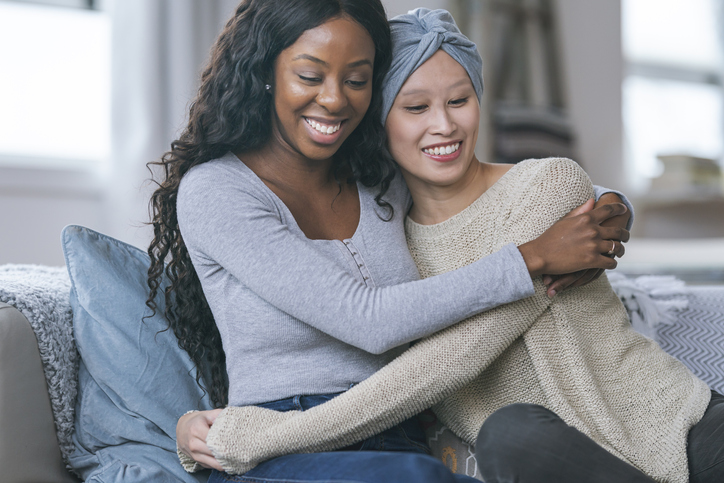Why a Sudden or Unexpected Death Is Hard to Process Emotionally
This can happen when a death occurs suddenly or unexpectedly:
- You have no time to prepare for the loss and no opportunity to say goodbye. The loss comes as a shock.
- Your sense of security and order may be shattered. If the death was due to an accident or act of violence, you may feel unsafe. If the person who died was young, you may feel that the natural order of the world has been upset.
- A hole may be left in your life if the person who died was someone your cared deeply about or depended on – a partner, parent, child or sibling. Both your day-to-day life and your vision of your future are suddenly altered. You can be left feeling that your life has lost purpose and meaning.
How People May React to a Sudden or Unexpected Death
Sudden or unexpected loss can lead to intense and long-lasting grief. Reactions may include the following:
- Shock The shock on learning of the loss can cause physical reactions, such as shaking or difficulty breathing. It might cause you to go quiet, scream or moan. Shock is a normal reaction to a sudden or unexpected loss and can make you behave in ways that feel frightening.
- Disbelief You may have a hard time accepting that the person is gone and may speak of them as though they were still alive. You may wake up in the morning expecting them to be with you. This can leave you feeling bewildered, confused or numb.
- Difficulty performing even simple tasks Your feelings of shock and sadness can make it difficult to carry on a conversation, prepare a meal, get dressed or keep your home clean.
- Feelings of distress, guilt or anger It’s common to have ‘if only…’ thoughts after a sudden loss – to ruminate on how the death might have been averted. This can trigger feelings of guilt or anger. It’s also common to feel tense and defensive, not wanting to talk about the loss.
These reactions may not follow a reassuring pattern of sadness, resolving toward less intense and more comfortable emotions. You may have a delayed reaction to your grief, feeling little emotion at first, then a painful reaction when you fully realise the loss.
Ways to Cope and Grieve
- Take care when you are in shock after learning of the loss. It’s easy to make mistakes when in shock. Surround yourself with people who will keep you safe. Avoid driving and other activities that require concentration. Put off decisions that might have long-term consequences until you are able to think more clearly.
- Allow yourself to feel what may be painful emotions. If it helps to cry, let yourself cry. Pay attention to your emotions, and accept them as genuine reactions to your loss. There are no ‘good’ or ‘bad’ emotions and no ‘right’ or ‘wrong’ ways to grieve. Accept painful emotions as testaments to your love for the person who has died.
- Pay attention to the emotions and needs of your children, too, if they have been affected by the loss. If, in your grief, you are unable to console them and attend to their needs, arrange for someone to be with them who can, such as a friend or family member.
- Accept help and support. Friends, family members and neighbours are usually glad to help. Keep a list of tasks that need to be done. When someone asks how they can help you, refer to the list. If it helps just to have someone with you, let people know that, too. That may be the most important task of all.
- Share your thoughts and feelings with someone who will listen and be helpful. That might be a close friend or family member. It might be someone who has experienced a similar loss or trauma, through a support group or an online forum. It might be a spiritual advisor, or it might be a professional psychologist or counsellor.
- Be kind to yourself. Make a special effort to take good care of yourself:
– Eat regular meals with healthy food. If that’s difficult at first, try small snacks.
– Drink plenty of water, perhaps in the form of comforting drinks like herbal tea.
– Try to keep to a regular sleep schedule.
– Engage in activities you enjoy.
– Get outdoors for walks or another form of physical activity.
– Practise stress-reduction techniques, such as deep breathing, when you feel tense or anxious.
- Find a way to say goodbye. Rituals are very important in the grieving process, especially if you weren’t able to say goodbye before the person died. In addition to attending a memorial service, you might write a letter to the person, light a candle or talk to a photo. Find a way to say goodbye that has a meaning for you and that helps you understand that the person is not there anymore.
- Seek professional help from a psychologist or counsellor if you find yourself relying on alcohol or drugs to feel better, if you are concerned about or frightened by your thoughts and emotions, or if you feel that you are at risk of harming yourself.



































